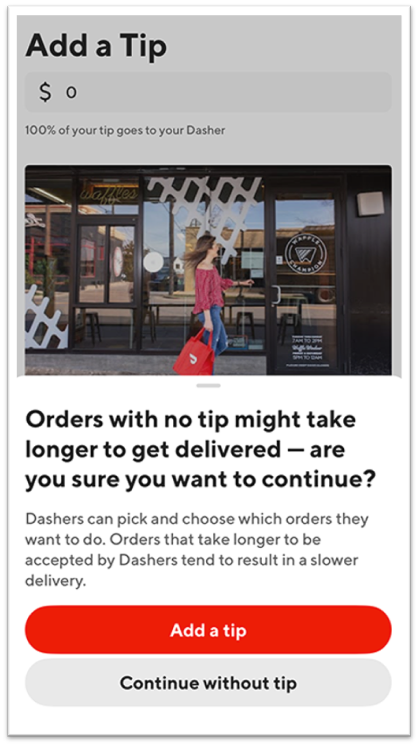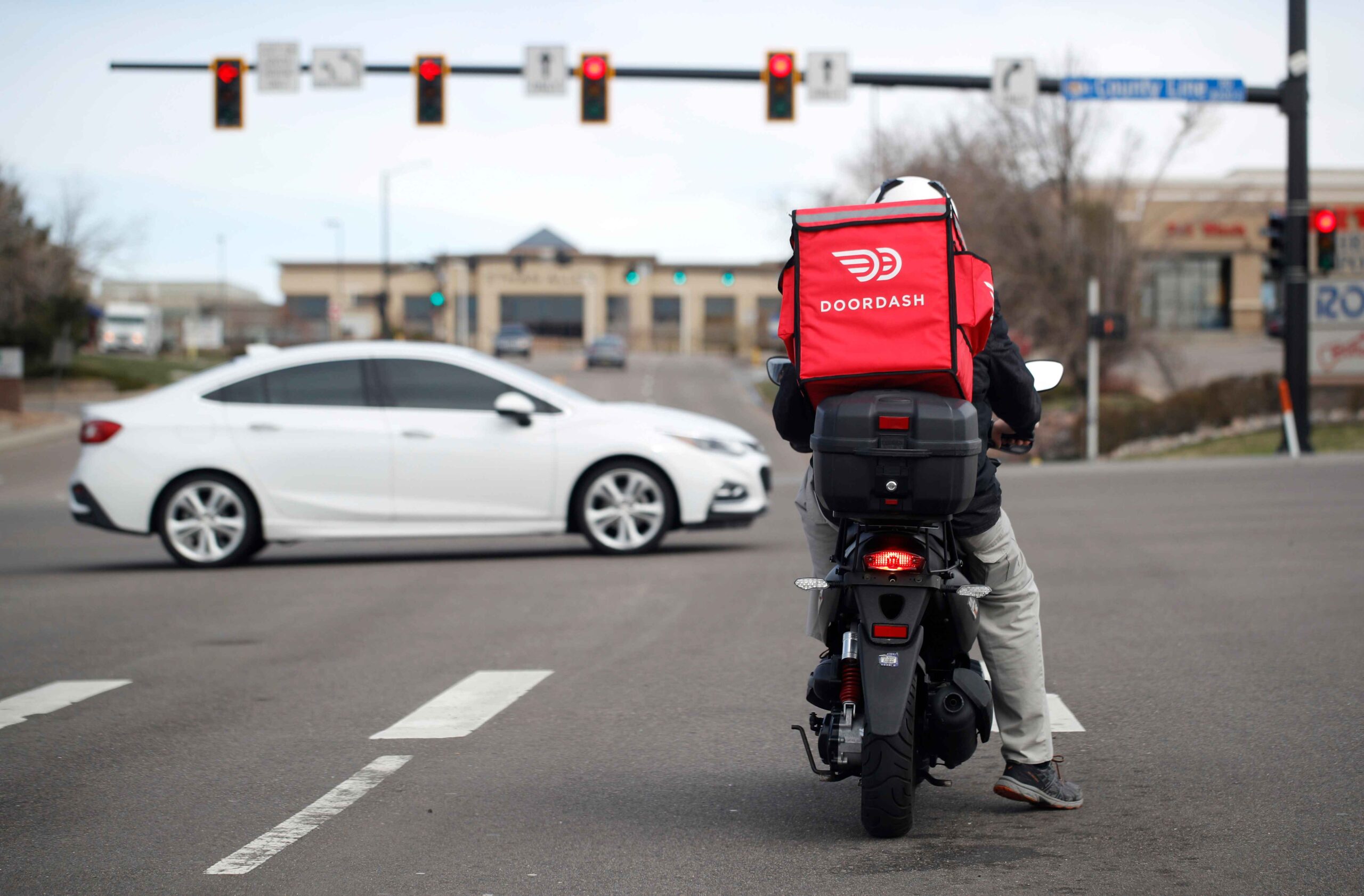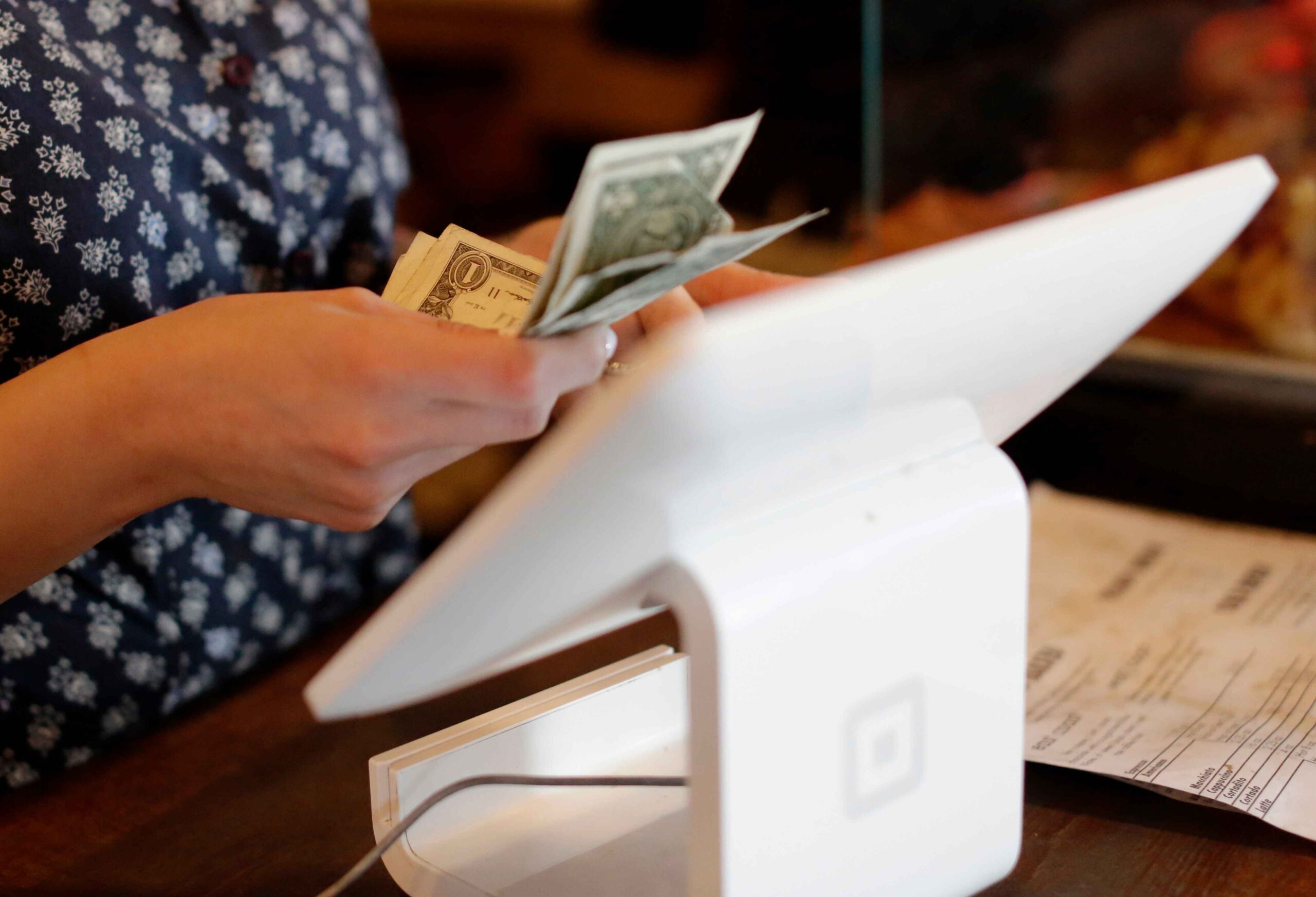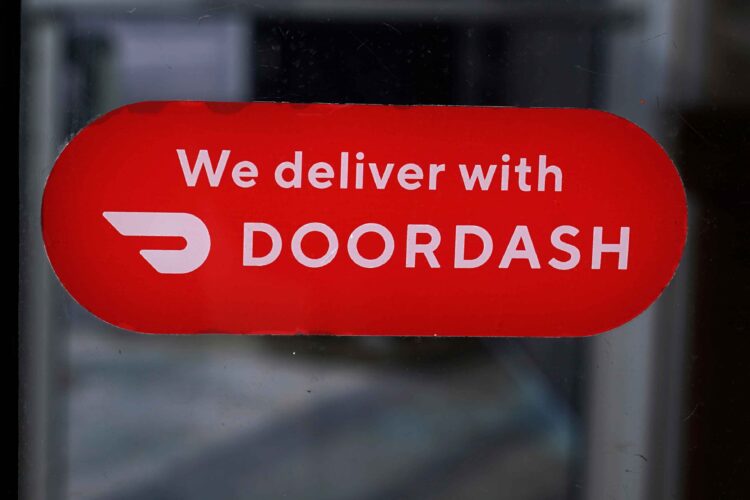Amidst a growing societal debate over the demand for constant tipping, online delivery service DoorDash is warning users to think twice before skipping the gratuity. A new popup warning being tested in the DoorDash app informs customers that the company’s freelance delivery drivers may not respond well to poor tippers, resulting in longer delivery times and potentially ruined meals.
“Orders with no tip might take longer to get delivered — are you sure you want to continue?” asks the new popup that appears for DoorDash users who enter a 0 on the tip line. “Dashers can pick and choose which orders they want to do. Orders that take longer to be accepted by Dashers tend to result in a slower delivery.”
Customers are then given one last opportunity to change their minds and enter a tip amount—or else risk receiving a cold, soggy meal from an irritated Dasher.

“Every day, Dashers go the extra mile to help connect consumers with the best of their local communities,” said company spokeswoman Jenn Rosenberg, according to the Wall Street Journal. “That’s why we encourage customers to show their appreciation by tipping.”
Learn the benefits of becoming a Valuetainment Member and subscribe today!

DoorDash compensates its drivers between $2 and $10 per delivery, according to the company website, and Dashers are allowed to keep 100 percent of their tips. However, a 2020 study found that average delivery drivers were only making $1.45 per hour after accounting for gas/mileage, payroll taxes, and time spent waiting for pickups.
Rosenberg continued: “This reminder screen is something that we’re currently testing to help create the best possible experience for all members of our community. As with anything we pilot, we look forward to closely analyzing the results and feedback.”
The hope for the new popup feature is that customers will recognize the clear downside of being a poor tipper, but many don’t see it that way. Following the public test of the popup, DoorDash—a $16.8 billion company—began receiving calls to simply pay its workers more and remove the burden from users. Combined with notoriously high service fees (upwards of 36 percent) on app-based deliveries, the cost of a 20+ percent tip is more than most are willing to pay.

Many people are also objecting to the very framing of the question. Within the parameters DoorDash has established, a tip is an incentive for good service rather than a reward for it—and this points back to the larger debate over tipping that has been ongoing for several years.
As of September 2023, surveys find that nearly half of Americans are tired of tipping, and 63 percent say too many places are requesting tips. The practice that was once confined to restaurants has spilled over into coffee shops, grocery and department store checkout lines, and other areas of the service industry—regardless of how labor-intensive the actual service was.
But while valid objections to tipping have been raised, the federal minimum wage for tipped employees is only $2.13 an hour, which is often capitalized on by companies to avoid higher wages. When employees do not earn sufficient tips to match the minimum wage of $12 per hour, employers are obligated to make up the difference.
“Why tip someone for a job I’m capable of doing myself? I can deliver food, I can drive a taxi, I can and do cut my own hair. I did, however, tip my urologist because I am unable to pulverize my own kidney stones.” — Dwight Schrute, “The Office”


















Add comment